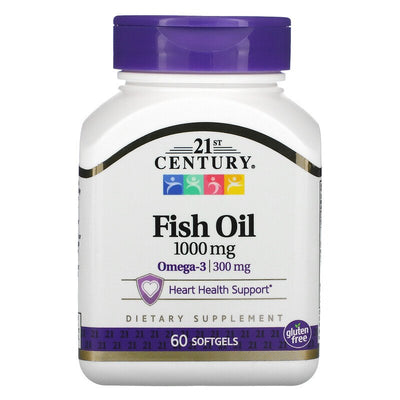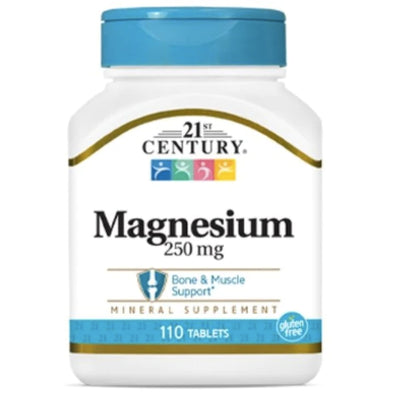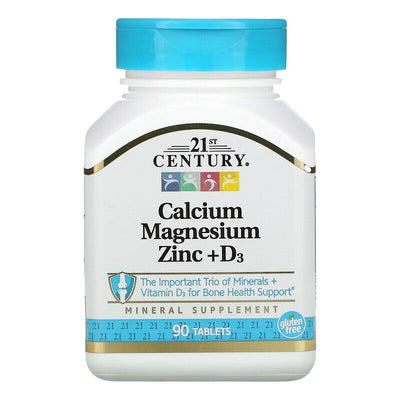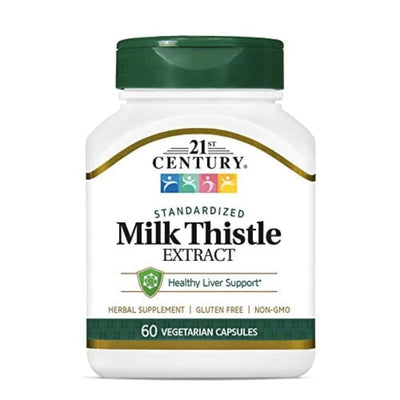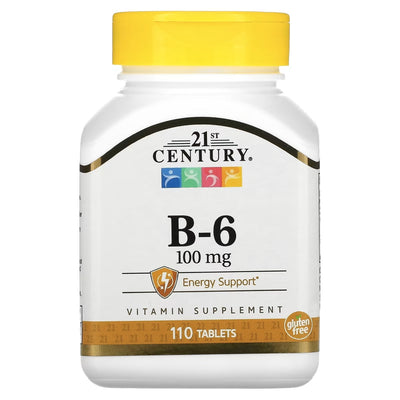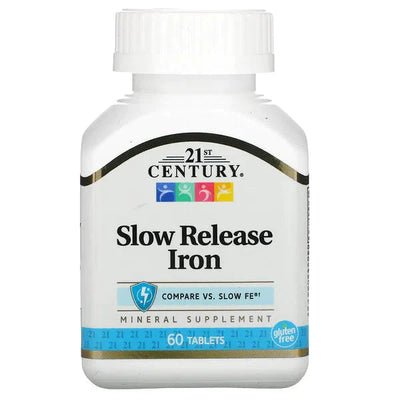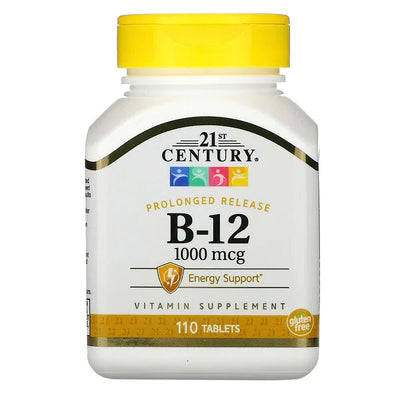
Understanding the Different Types of Dietary Supplements
Introduction
In today's fast-paced world, maintaining a balanced and nutritious diet can be a challenge for many. Dietary supplements have gained popularity as a way to bridge the gap between nutritional needs and dietary intake. These supplements come in various forms, each catering to specific health goals and requirements. In this blog, we'll delve into the different types of dietary supplements, their benefits, and considerations for their use.
1. Vitamins and Minerals
Vitamins and minerals are essential micronutrients that support various bodily functions. They play a crucial role in metabolism, immune function, and overall health. Dietary supplements in this category provide an additional dose of these nutrients when they might be lacking from one's diet. Common examples include vitamin C for immune support, calcium for bone health, and iron for blood health.
2. Herbal and Botanical Supplements
Herbal and botanical supplements are derived from plant-based sources. They have been used for centuries in traditional medicine systems across cultures. Examples include turmeric for its anti-inflammatory properties, ginseng for energy enhancement, and echinacea for immune support. It's important to note that while some herbal supplements have proven benefits, others may lack scientific evidence or might interact with medications, so consulting a healthcare professional is advisable.
3. Protein Supplements
Protein supplements are widely popular among athletes and fitness enthusiasts. They come in various forms such as whey, casein, soy, and plant-based protein powders. These supplements are used to enhance muscle recovery, support muscle growth, and meet protein needs, especially for those with increased physical activity levels or dietary restrictions.
4. Omega-3 Fatty Acids
Omega-3 fatty acids are essential fats that play a crucial role in brain health, heart health, and reducing inflammation. Fish oil supplements are a common source of omega-3s, and they are often taken to improve cardiovascular health and support cognitive function.
5. Fiber Supplements
Dietary fiber is important for maintaining healthy digestion and regulating bowel movements. Fiber supplements can help individuals meet their daily fiber needs, especially if their diet lacks sufficient fruits, vegetables, and whole grains. Psyllium husk and glucomannan are common sources of soluble fiber found in these supplements.
6. Probiotics and Prebiotics
Probiotics are live beneficial bacteria that support gut health and digestion. Prebiotics are non-digestible fibers that nourish these bacteria. Both can be found in supplement form and are used to improve gut flora balance, aid in digestion, and support immune function.
7. Multivitamins
Multivitamins are comprehensive supplements that provide a combination of vitamins and minerals in one product. They are often used to fill potential gaps in nutrition, but it's important to note that a balanced diet should still be the primary source of nutrients.
Considerations and Conclusion
Before incorporating any dietary supplement into your routine, it's essential to consider the following:
-
Consult a Professional: Always consult with a healthcare provider before starting any new supplement regimen, especially if you have underlying health conditions or take medications.
-
Quality Matters: Choose supplements from reputable brands that undergo third-party testing to ensure quality and safety.
-
Supplement, Not Substitute: Supplements should complement a balanced diet, not replace it. Prioritize getting nutrients from whole foods whenever possible.
-
Dosage Guidelines: Follow recommended dosage guidelines to avoid potential side effects or overdosing.
In conclusion, dietary supplements can play a beneficial role in supporting overall health when used responsibly and under the guidance of a healthcare professional. Understanding the different types of supplements and their intended purposes empowers individuals to make informed choices that align with their wellness goals.
Share








